 Ukrainian strikes on Russia proper jeopardize the rickety pro-Ukraine aid coalition in the West. Ukraine shouldn’t do this. It is too risky.
Ukrainian strikes on Russia proper jeopardize the rickety pro-Ukraine aid coalition in the West. Ukraine shouldn’t do this. It is too risky.
I just wrote on this topic for 1945.com.
There are many reasons to strike Russia directly, which Eliot Cohen helpfully develops here:
– Morally, it is fair because Russia has been terror bombing Ukrainian cities for more than a year. This mild Ukrainian response is far below law-of-war proportionality norms.
– Psychologically, bringing the war home to Russians confronts them with the costs of the war and may encourage them to re-consider it.
– Militarily, forcing Russia to spread its defenses helps thin out its forces on the front lines in Ukraine.
Despite all the reasons to hit Russia at home, the political risks in the West to Ukraine are too high. Yes, that is unfair. It is ridiculous that Russia gets to bomb Ukrainian cities, but if Ukraine does the same, it is suddenly a massive escalation. But it is important to remember that the Western hard right and hard left are looking for any excuse to halt aid to Ukraine. These people have variously claimed that we should support Ukraine because it would lead to a nuclear wear, Ukraine could not win anyway, it just prolongs the war, Europeans will freeze without Russian winter gas, the cost is huge, and so on.
There is no consistent or principled argumentation about the war from the pro-Putin Western bloc. What they really want is a Russian victory for ideological reasons. They can’t say that outright, so they keep jumpingn from one rationale to another which would justify an aid cut-off aid. The right admires Putin’s reactionary, anti-woke authoritarianism; the left is hung up on US imperialism. They crave a Russian victory, so they will say anything to claim Ukraine aid is a mistake. Ukrainian strikes inside Russia are precisely the sort of card they will play – it is ‘escalation.’
Ukraine can’t win without Western assistance. The political-strategic risks – to invaluable Western military assistance – outweigh an operational gains of these strike. That sucks, but Trump, Marjorie Taylor Green, the NatCons, the anti-imperial lefties are all looking for any excuse to end aid. Ukraine should do its best to fight in way which gives them no ammunition to press their claims
My full essay on this at 1945.com is here.

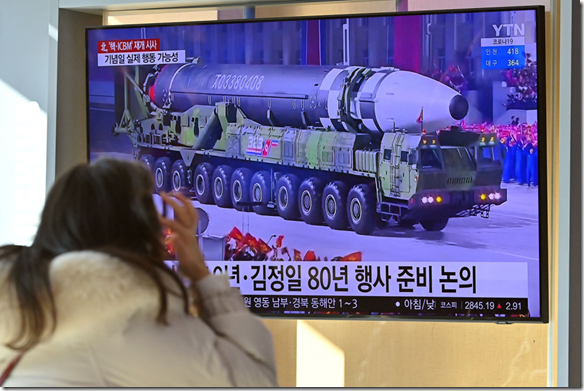
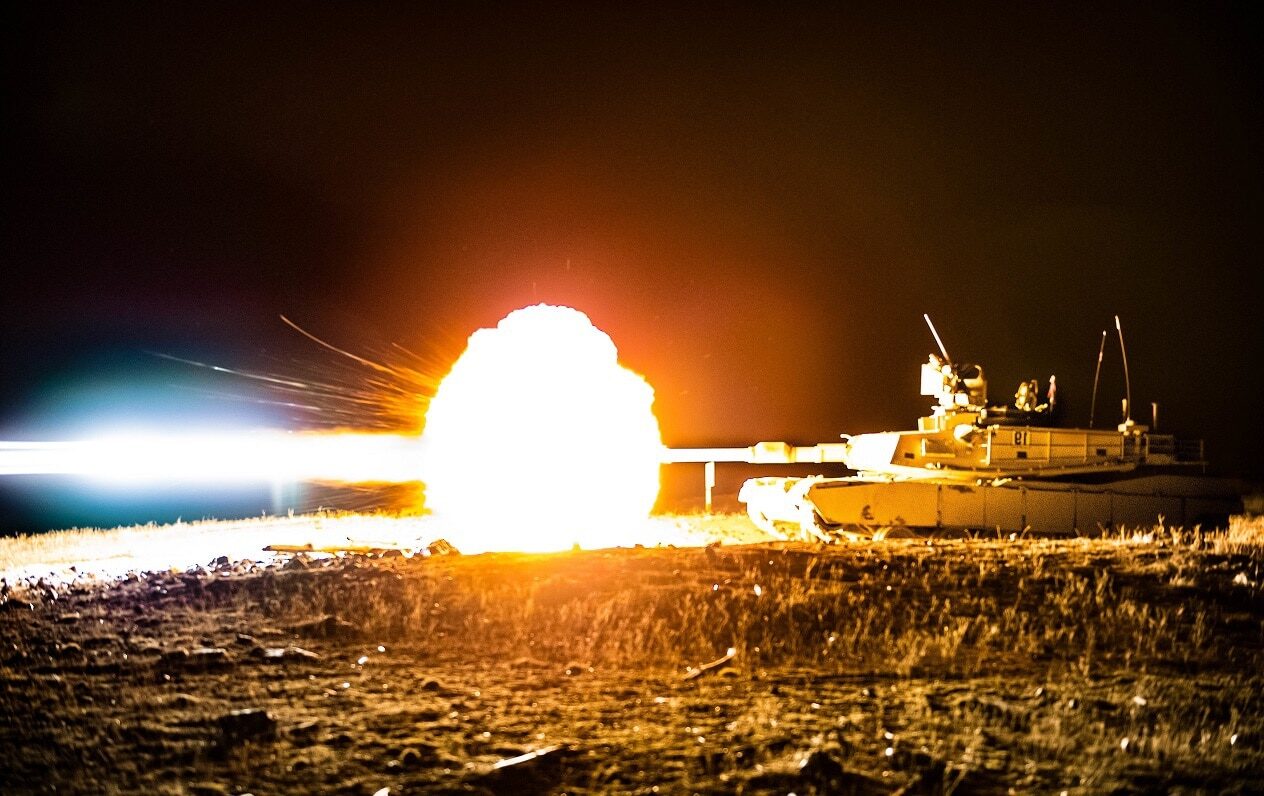 Pursuing a restrained US foreign policy is compatible with helping Ukraine, because restraint still takes threats seriously and Putin is pretty obviously one.
Pursuing a restrained US foreign policy is compatible with helping Ukraine, because restraint still takes threats seriously and Putin is pretty obviously one.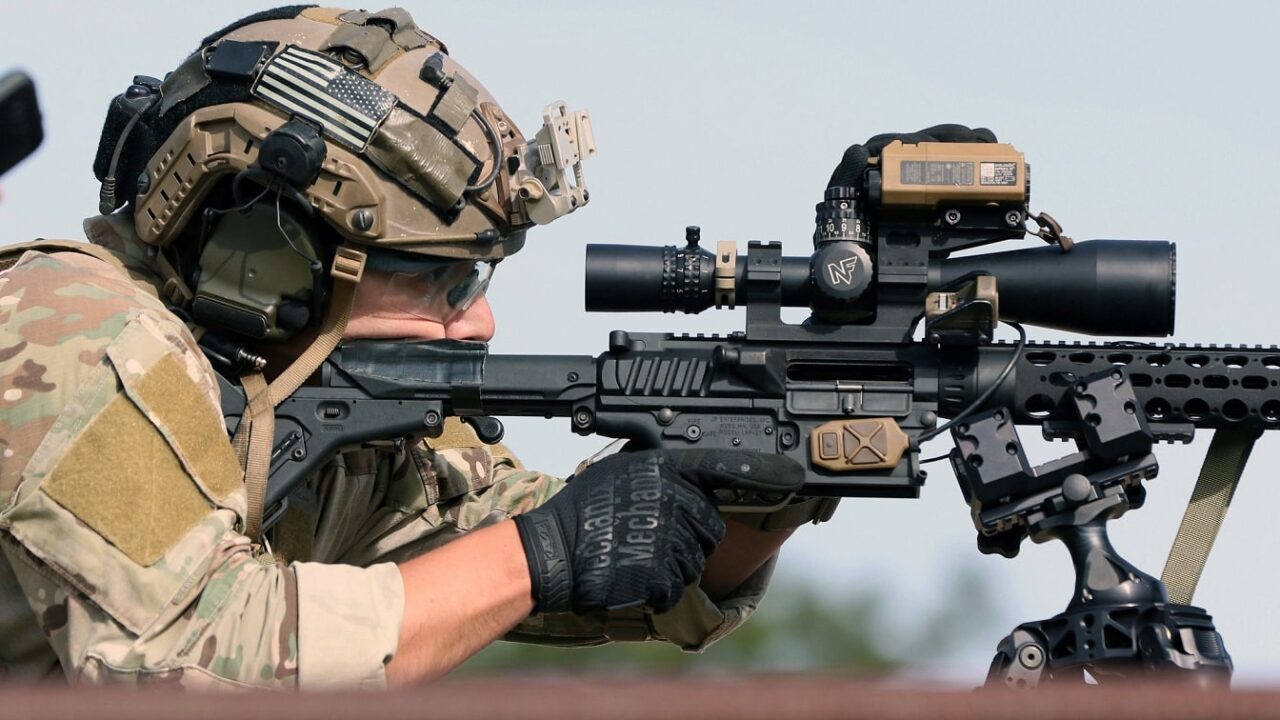 Calling Western support for Ukraine ‘pro-war’ is grossly manipulative and deceptive with its implication that Western elites ‘like’ war. That is obviously not the case. Does Ursula von der Leyen strike anyone as ‘pro-war’? Gimme a break.
Calling Western support for Ukraine ‘pro-war’ is grossly manipulative and deceptive with its implication that Western elites ‘like’ war. That is obviously not the case. Does Ursula von der Leyen strike anyone as ‘pro-war’? Gimme a break.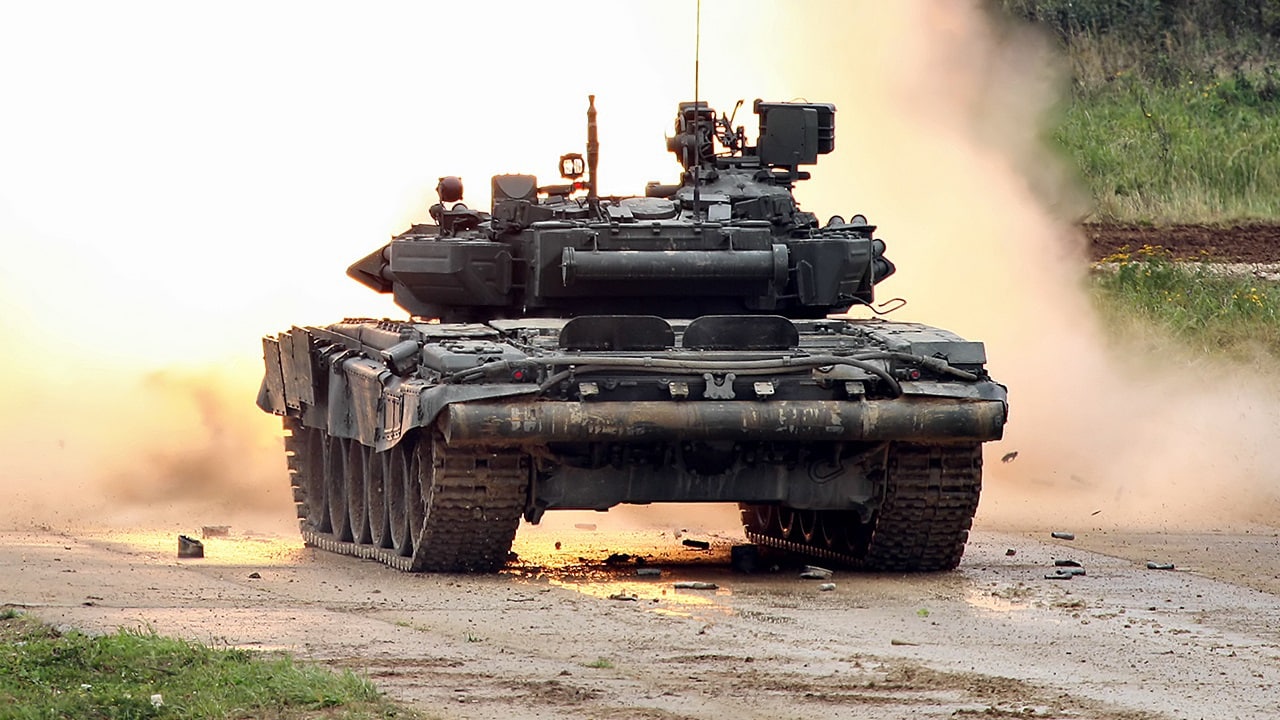 The death squad war crimes in Ukraine now mean that Putin himself is the biggest obstacle to a peace deal. He won’t agree to leave power, but with him still office, neither Ukraine nor the West is likely to accept the
The death squad war crimes in Ukraine now mean that Putin himself is the biggest obstacle to a peace deal. He won’t agree to leave power, but with him still office, neither Ukraine nor the West is likely to accept the 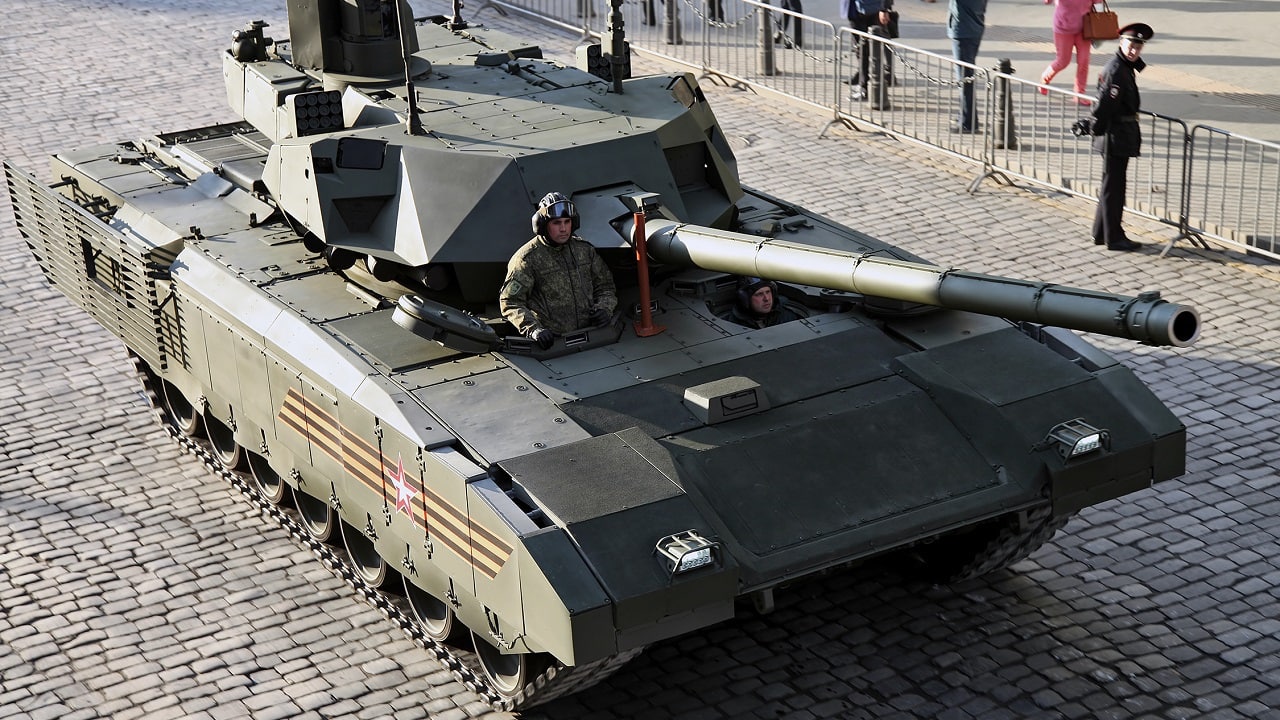 At some point the war in Ukraine will end, and Russia will seek to re-enter diplomacy and the world economy, and shed the heavy sanctions and isolation on it. This will be a major part of whatever the final peace deal emerges. (This is a local re-post of an
At some point the war in Ukraine will end, and Russia will seek to re-enter diplomacy and the world economy, and shed the heavy sanctions and isolation on it. This will be a major part of whatever the final peace deal emerges. (This is a local re-post of an 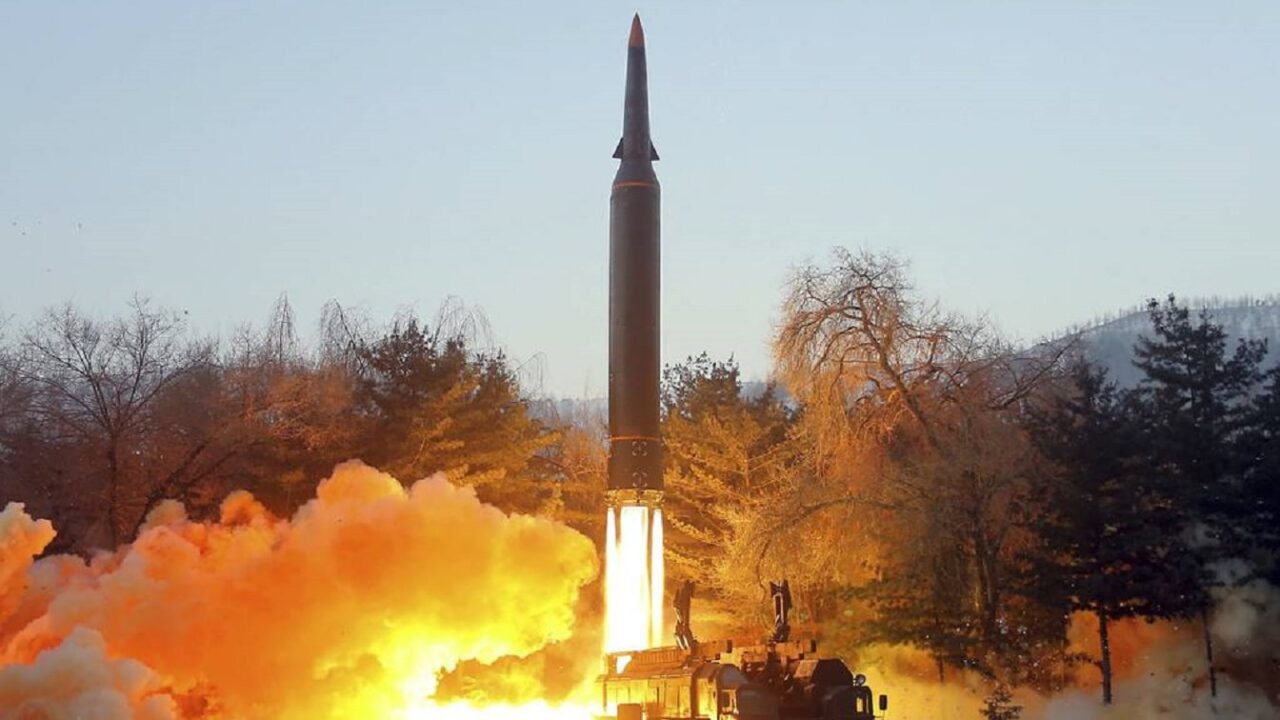 This was accepted and then withdrawn by a SK newspaper as too controversial even though the SK president himself suggested this. I don’t get that…
This was accepted and then withdrawn by a SK newspaper as too controversial even though the SK president himself suggested this. I don’t get that…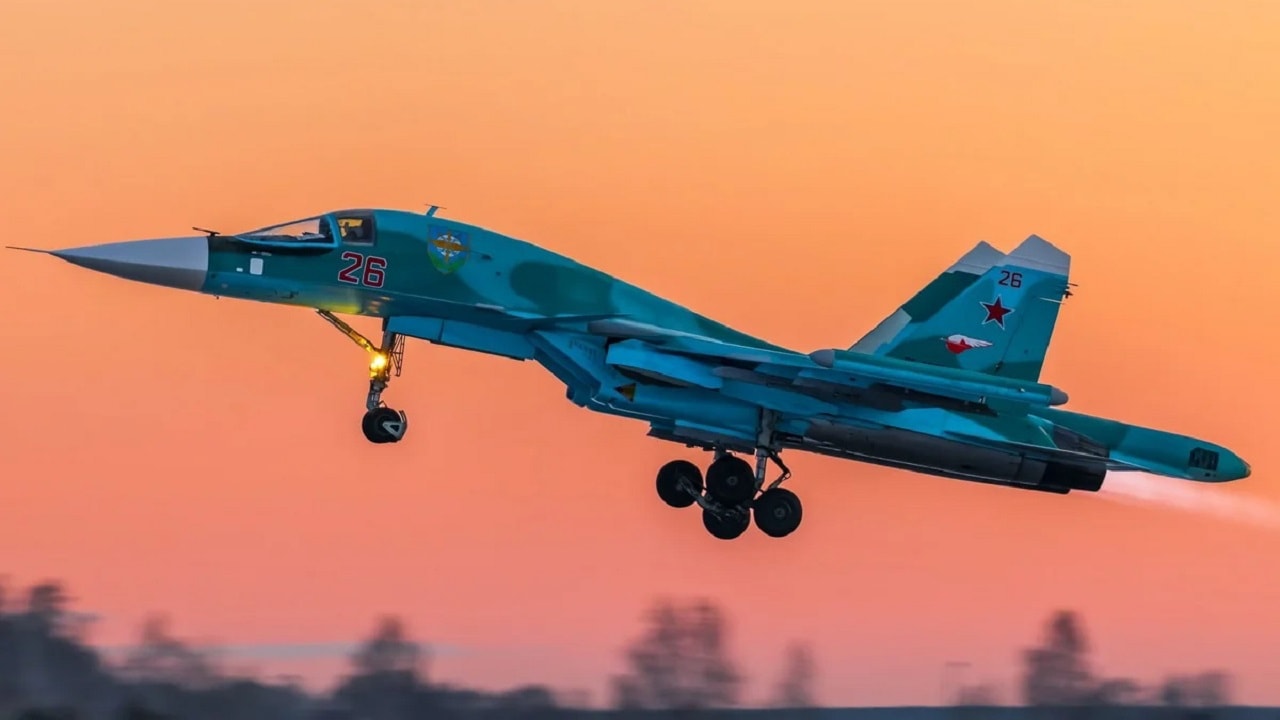 Russia is not going to win unless it escalates. So what do we do if it uses a really horrific weapon?
Russia is not going to win unless it escalates. So what do we do if it uses a really horrific weapon?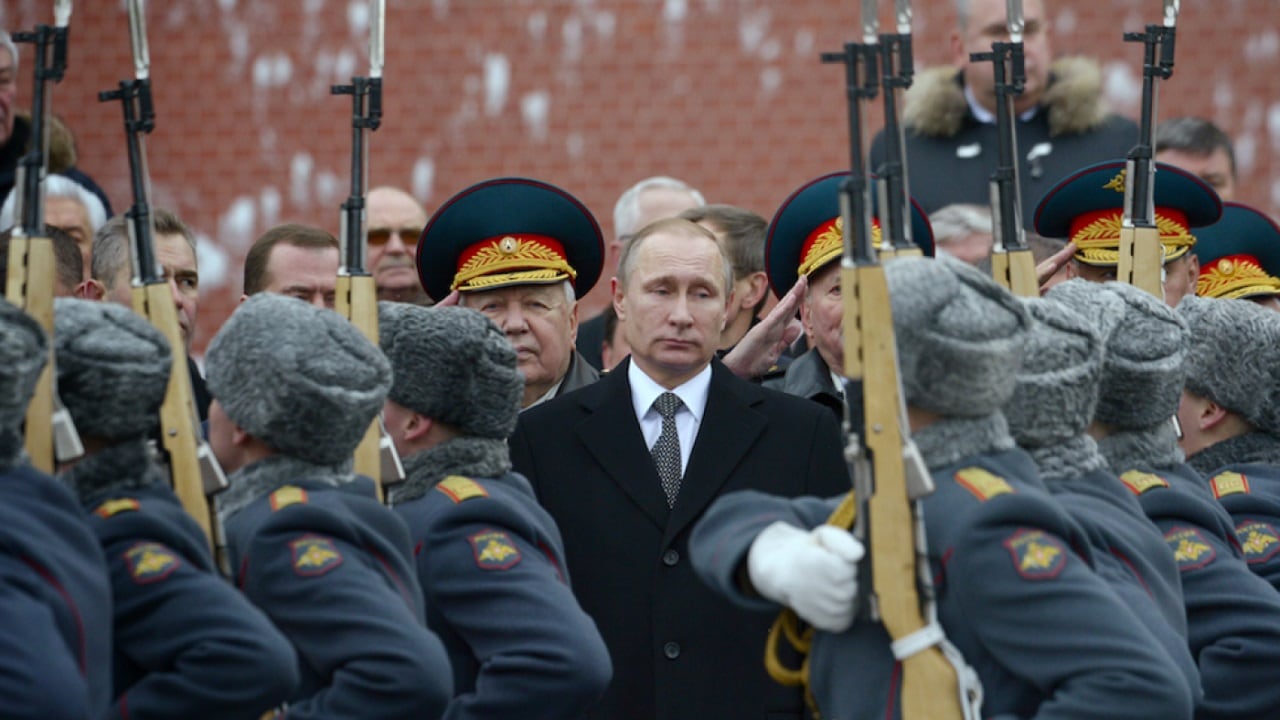 This is a re-post of an essay I recently wrote for
This is a re-post of an essay I recently wrote for 